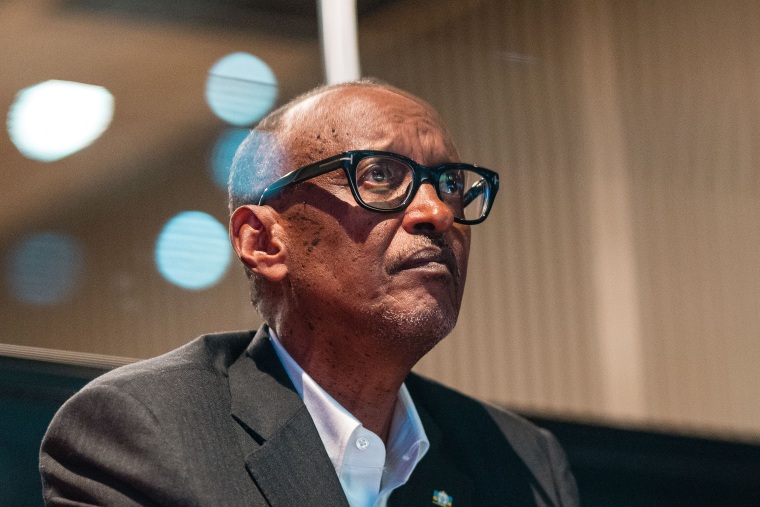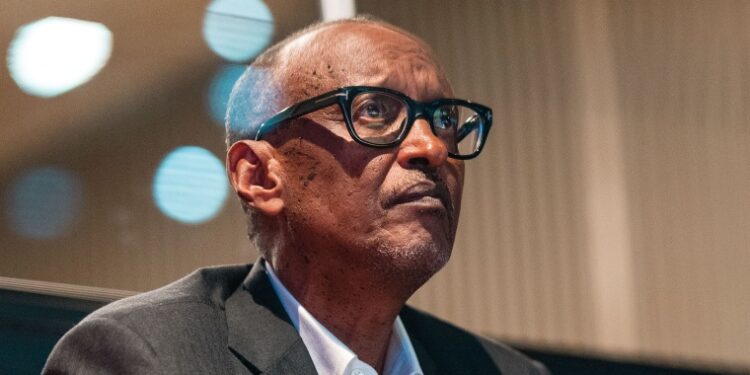Kagame, 66, has been in charge of the small eastern African country since he seized power as the leader of rebels who took control of Rwanda’s government and ended the genocide in 1994.
He was Rwanda’s vice president and de facto leader from 1994 to 2000, when he first became president. He is condemned by many as a violent authoritarian while praised by others for presiding over impressive growth in the three decades since the genocide.
Kagame is among some African leaders who have prolonged their rule by pursuing changes to term limits. In 2015, Rwandans in a referendum voted to lift a two-term limit. Now Kagame could stay in power until 2034.
Kagame told reporters Saturday that his mandate comes from the people.
“The ruling party and Rwandans have been asking me to stand for another mandate,” he said. ”At a personal level, I can comfortably go home and rest.”
Rwanda’s election takes place amid heightened fears of insecurity in Africa’s Great Lakes region. A violent group of rebels known as M23 is fighting Congolese forces in a remote area of eastern Congo.

Between 3,000 and 4,000 Rwandan forces are fighting alongside M23, U.N. experts said in a report circulated last week. The U.S. government has described the group as being backed by Rwanda. Rwanda accuses Congo’s military of recruiting fighters who were among the perpetrators of the 1994 genocide.
Rights groups continue to raise alarm over harsh restrictions on human rights, including freedom of association, in Rwanda.
Amnesty International expressed concerns in a recent statement over “threats, arbitrary detention, prosecution on trumped-up charges, killings and enforced disappearances” targeting the political opposition in Rwanda.
That statement said the suppression of dissenting voices, including among civic groups and the press, “has a chilling effect and limits the space for debate for people of Rwanda.”







